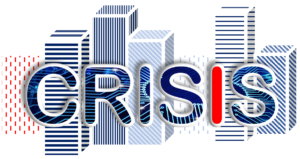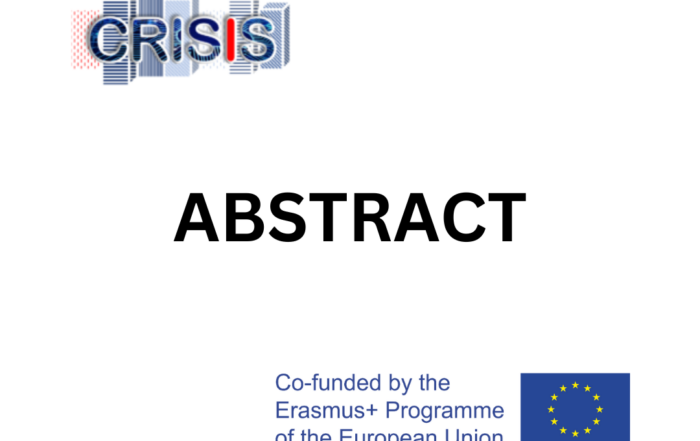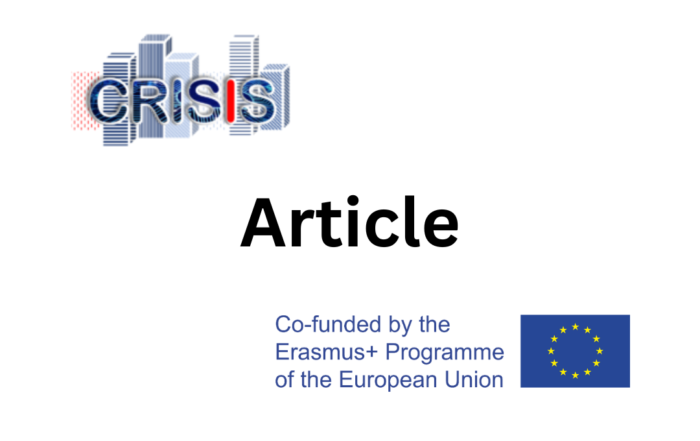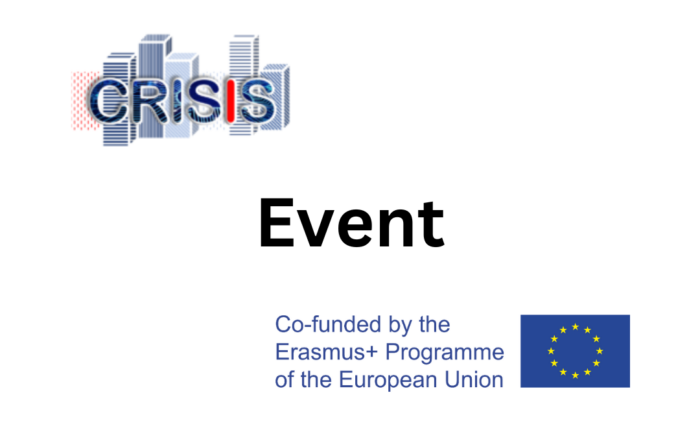CRISIS Project
The Project at a Glance
Covid-19 epidemic has created new challenges for the development of smart and sustainable cities. It has been proven that it is not anymore sufficient just to focus on providing services for quality of life, or for a better business ecosystem. We need to prepare cities so that they can manage, maintain and ensure city services and enhance the quality of life in the face of hazards, shocks, and stresses. According to this definition, resilience not only includes earthquakes, fires,
floods, etc. but also anything that disrupts the operation of a city either occasionally or periodically. Examples include health epidemics, high unemployment; endemic violence, etc.
What’s New
SMART CITIES’ RESILIENCE: ASSESSING THE COMPETENCIES OF RESILIENCE OFFICERS
SMART CITIES’ RESILIENCE: ASSESSING THE COMPETENCIES OF RESILIENCE OFFICERS
ICASF 2023 – Proceedings Paper Number 381 at page 88
ICASF 2023 _ Proceedings Paper Number 381 at page 88
Protected: Crisis Stakeholders
This content is password-protected. To view it, please enter the password below. Password:
United Nations University – UNU-EGOV
Click here for the presentation
Events
United Nations University – UNU-EGOV
Click here for the presentation
23th Conference of the Portuguese Association for Information Systems
Click here for the Agenda
25th Edition of the International Conference on Business Management and the Environment (ENGEMA)
Click here for the presentation
Competences for Resilient Smart Cities’ Staff (CRISIS) – University of Minho
Click here for the presentation
Featured Courses




